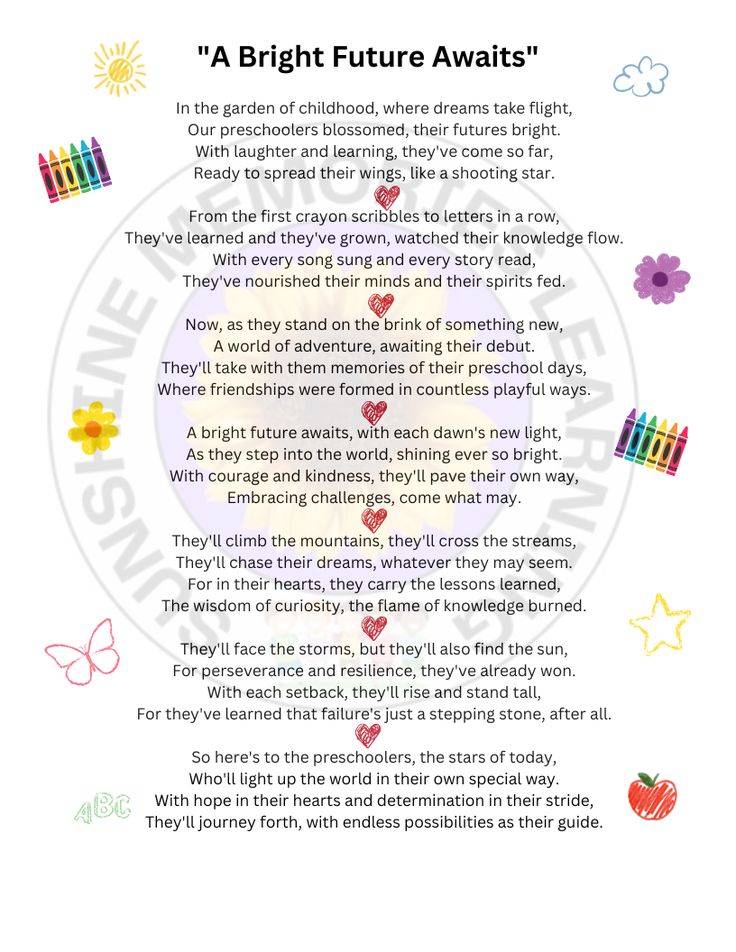In contemplating the future of humanity, Bahá’í teachings present a compelling narrative that looks beyond immediate conditions and challenges, directing the focus toward a transcendent destiny defined by unity, peace, and progress. Within this framework, a poignant declaration resonates: “A Bright Future Awaits.” This assertion is not merely an optimistic catchphrase; rather, it encapsulates profound spiritual principles that advocate for a transformative shift in human consciousness.
At the heart of Bahá’í teachings lies the conviction that humanity is on the precipice of profound metamorphosis. The vision of a united and harmonious global society is articulated through the concept of the oneness of humanity. This principle urges individuals to acknowledge and embrace their interconnectedness, transcending divisions of race, nationality, and creed. This perspective instills a sense of solidarity that is essential for collective advancement. As individuals begin to recognize their shared humanity, a fertile environment for compassion, empathy, and cooperation emerges, allowing for the cultivation of a brighter future.
Moreover, the Bahá’í Faith posits that the evolution of societies is inexorably linked to the moral development of individuals. Every person bears the responsibility to consciously contribute to a constructive transformation of the world. Hence, the movement toward a better future necessitates an awakening of the human spirit, calling for an active participation in the betterment of society. This engagement can manifest through various means—volunteering, advocating for justice, or fostering educational initiatives—that serve to uplift the community. Such engagement is not simply a civic duty but a spiritual undertaking that enriches both the individual and the collective.
Another pivotal aspect of Bahá’í thought is the recognition of the essential role of education in realizing humanity’s potential. Education, in its truest sense, extends beyond the mere acquisition of knowledge; it encompasses the development of character and moral virtues. The Bahá’í teachings advocate for universal education, asserting that empowering individuals, particularly the youth, with the tools of knowledge can significantly influence the trajectory of society. Thus, a well-educated and morally grounded populace is paramount for the actualization of a vibrant future filled with promise and potential.
Additionally, the Bahá’í perspective acknowledges the importance of evolving social structures that support the flourishing of humanity. As society progresses, it encounters the necessity for new principles and practices that align with emerging realities. The idea of consultation, a fundamental Bahá’í practice, emerges as a means to foster collective decision-making that reflects the diversity of perspectives within the community. When individuals engage in respectful dialogue, they cultivate an atmosphere conducive to innovative solutions that propel society forward. Such dynamic processes stand in stark contrast to the traditional adversarial frameworks that have often characterized human interactions throughout history.
Furthermore, Bahá’í teachings emphasize the significance of spiritual solutions to the world’s challenges. It broadly implies that material advancements alone are insufficient without corresponding spiritual development. The integration of spiritual principles into the fabric of society is envisaged as critical for sustainable progress. By cultivating qualities such as justice, humility, and service-oriented action, individuals can help establish a moral foundation essential for long-term success. This holistic approach engenders a sense of accountability toward the broader community and, ultimately, contributes to a collective ascension towards a luminous future.
Moreover, the role of global governance is an essential subject within Bahá’í discourse on the future of humanity. Bahá’ís advocate for a system of governance that prioritizes cooperation and justice over competition and discord. This reimagined framework posits the establishment of structures that transcend national boundaries, focusing on the collective well-being of all peoples. A focus on global governance also necessitates the incorporation of principles of equity and inclusivity, ensuring the representation of diverse voices. The emergence of such a system would be an embodiment of commitment to genuine peace, thereby catalyzing the realization of a harmonious world community.
In summation, the teachings of the Bahá’í Faith illuminate a pathway toward a promising future, deeply rooted in the recognition of the oneness of humanity, the importance of education, the necessity of moral development, and the pursuit of innovative social structures. As individuals engage with these principles, they contribute to an expanding vision of global harmony and collective progress, inviting others to join in this sacred journey. The promise of “A Bright Future Awaits” rests not only on the shoulders of global aspirations but also on individual willingness to embody these transformative ideals. Embracing these teachings offers humanity a new lens through which to perceive its destiny—one filled with boundless potential and hope.
